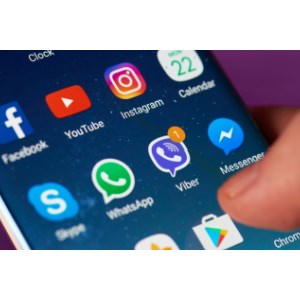Google Play Store’s new Data Safety labels have been criticized for being inaccurate in nearly 80% of cases.
The claims come from Mozilla’s *Privacy Not Included researchers, who published a new study about them on Thursday.
“[We] found that the labels were false or misleading based on discrepancies between the apps’ privacy policies and the information apps self-reported on Google’s Data Safety Form,” reads a blog post about the research article.
“Researchers concluded that the system fails to help consumers make more informed choices about their privacy before purchasing or downloading one of the store’s 2.7 million apps.”
According to the study, these failures arose due to Google’s Data Safety Form making it easy for developers to provide inaccurate data.
“For example, Google exempts apps sharing data with ‘service providers’ from its disclosure requirements, which is problematic due to both the narrow definition it uses for service providers and the large amount of consumer data involved,” Mozilla wrote.
“Google absolves itself of the responsibility to verify whether the information is true, stating that apps ‘are responsible for making complete and accurate declarations’ in their Data Safety labels.”
The research paper, available at this link, examined the privacy policies and labels of the 40 most popular apps (20 paid and 20 free) on the Google Play Store.
It then rated each of them based on the level of inaccuracies on their Data Safety Forms in relation to types of data shared or collected and the purpose behind collection (apps were ranked “Poor,” “Needs Improvement” or “OK”).
Based on this system, 16 out of 40 apps received a “Poor” grade, including Minecraft, Twitter and Facebook. Roughly 37.5% received a “Needs Improvement” grade (including YouTube, Google Maps, Gmail, WhatsApp Messenger and Instagram), and only 15% received an “OK” grade.
“Google Play Store’s misleading Data Safety labels give users a false sense of security,” commented Jen Caltrider, project lead at Mozilla.
“Honest nutrition labels help us eat better. It’s time we have honest data safety labels to help us better protect our privacy.”
The Mozilla paper comes days after Google launched the beta of its Privacy Sandbox on Android 13 devices.
Credit: Source link


Comments are closed.